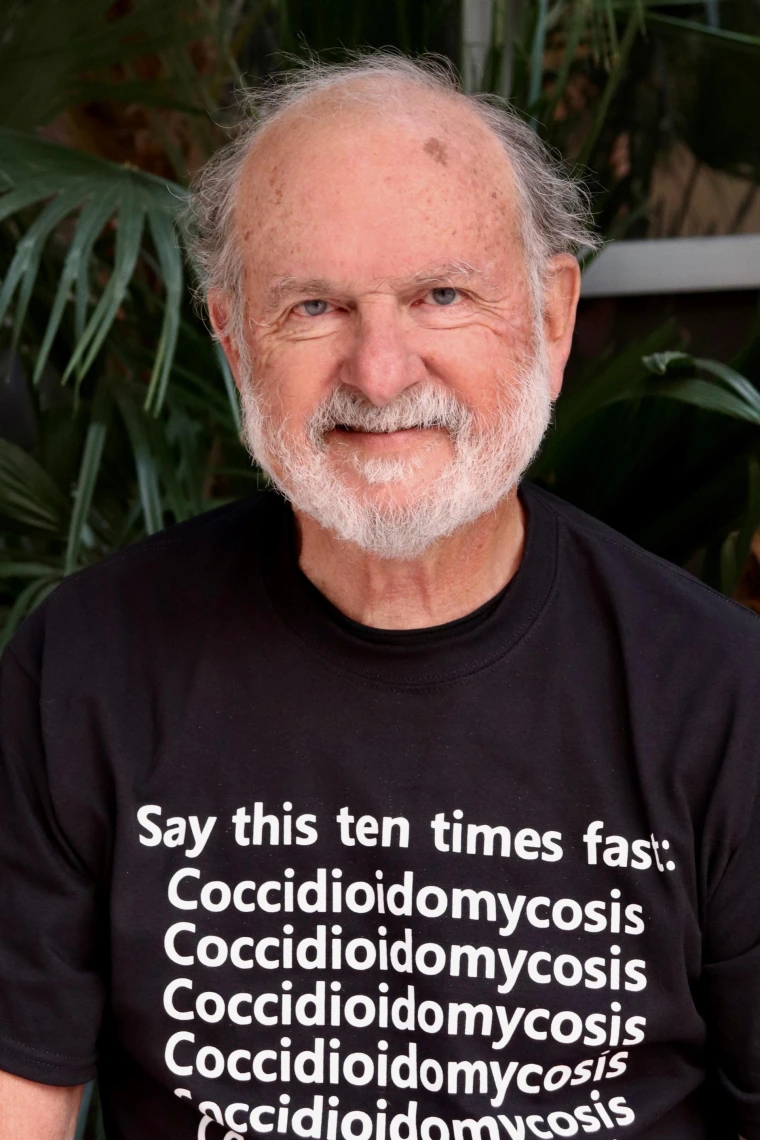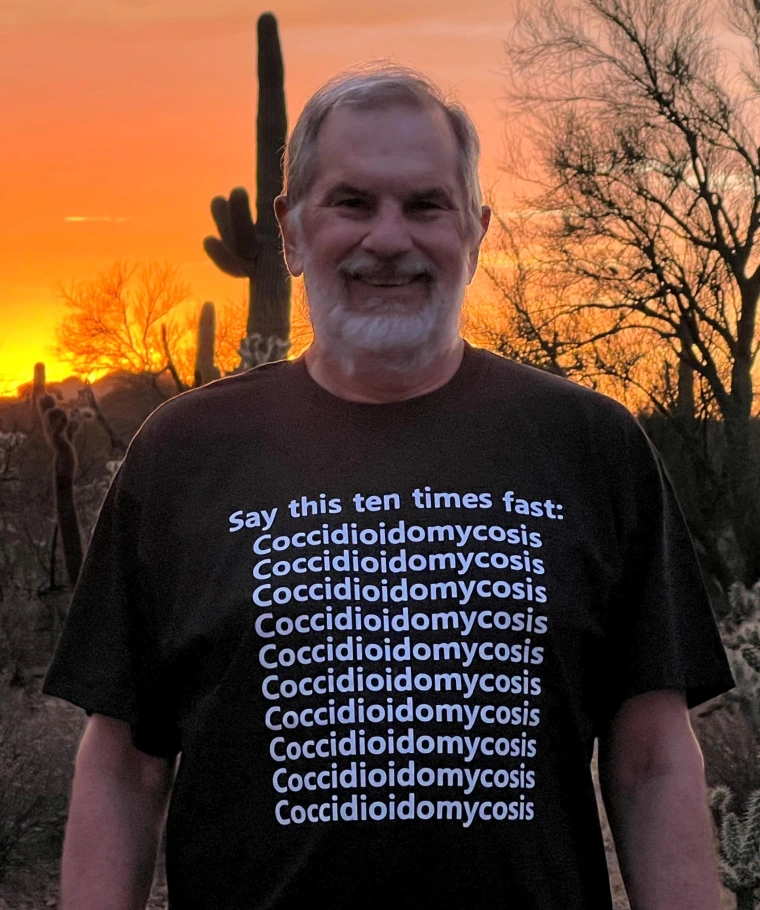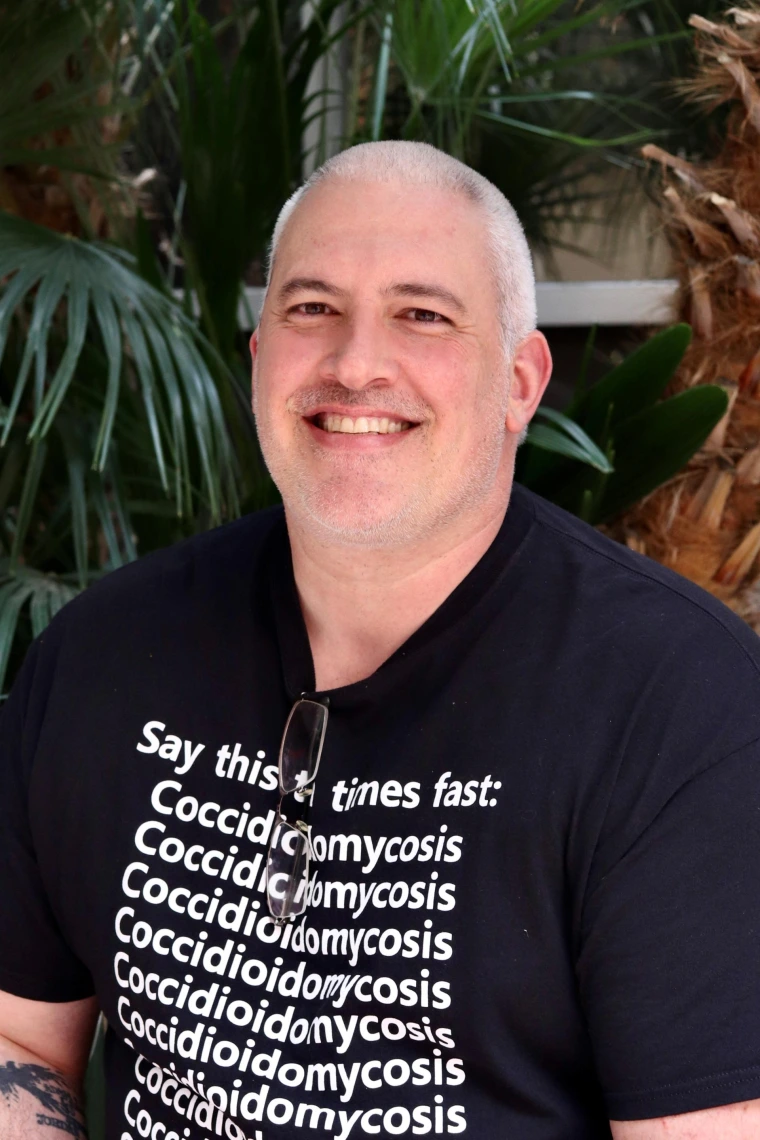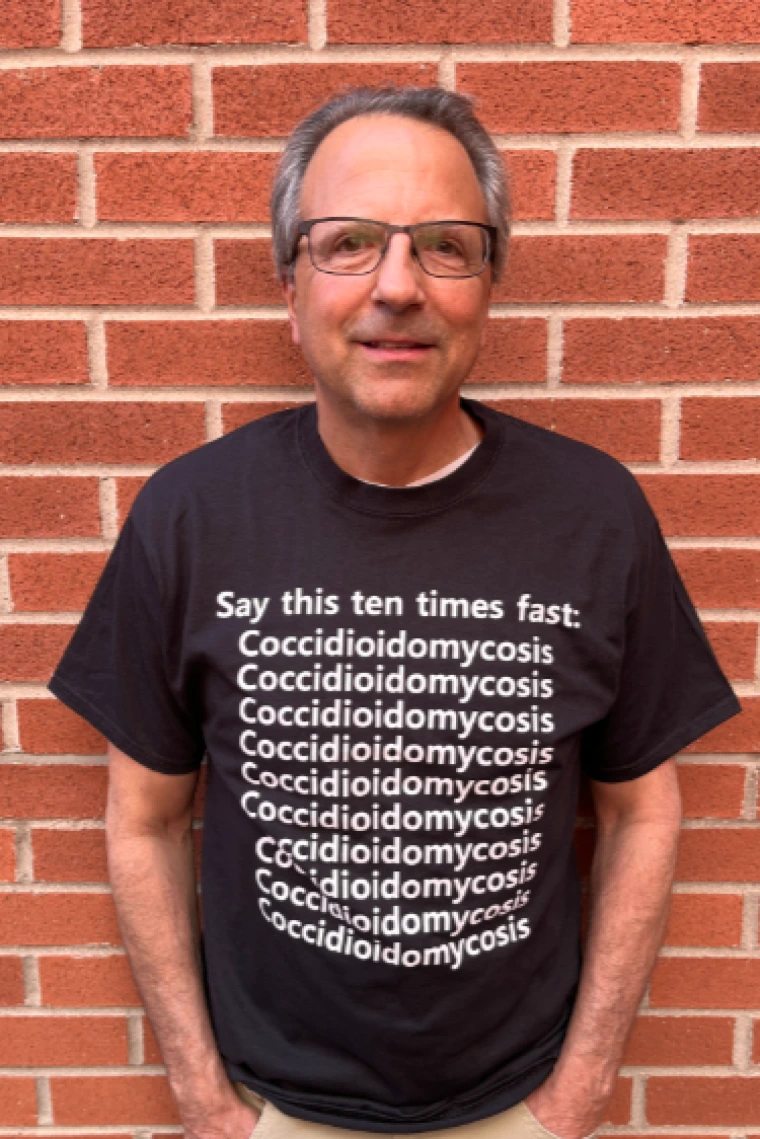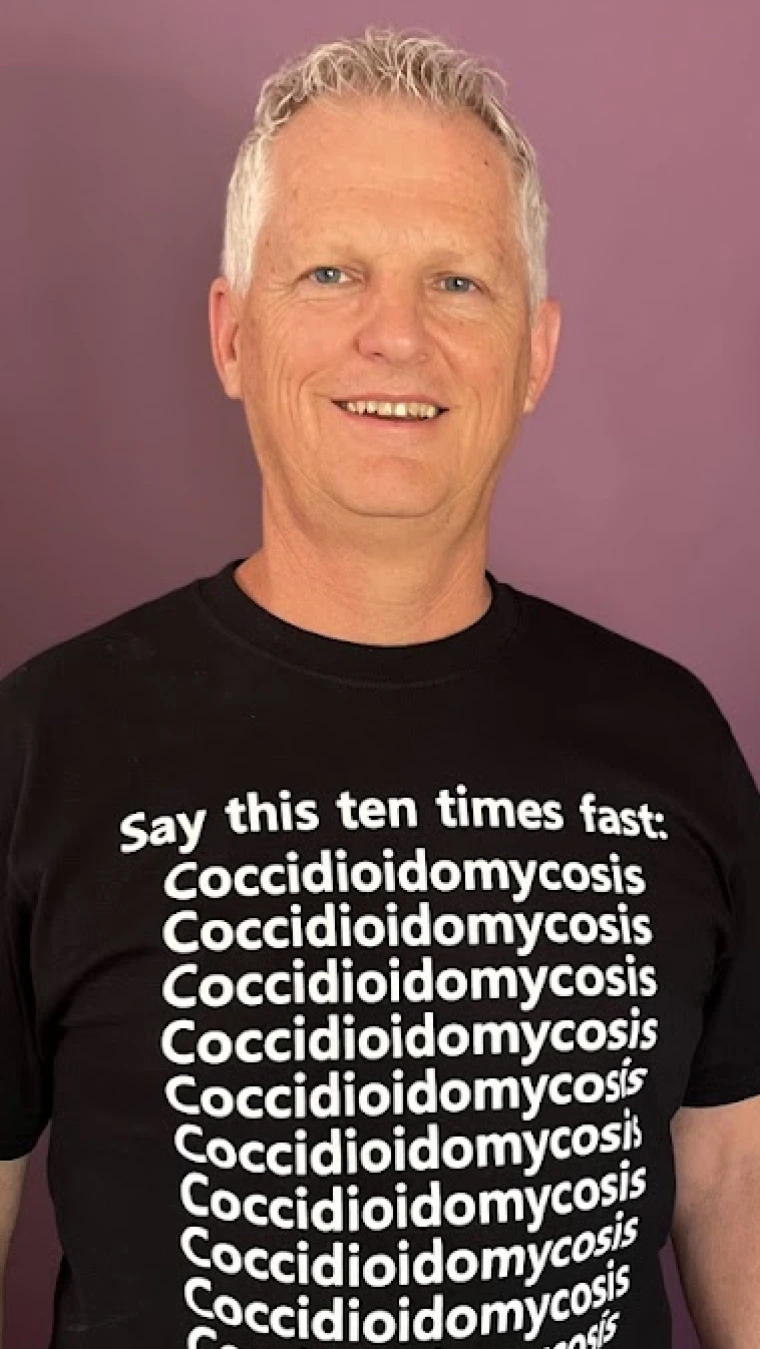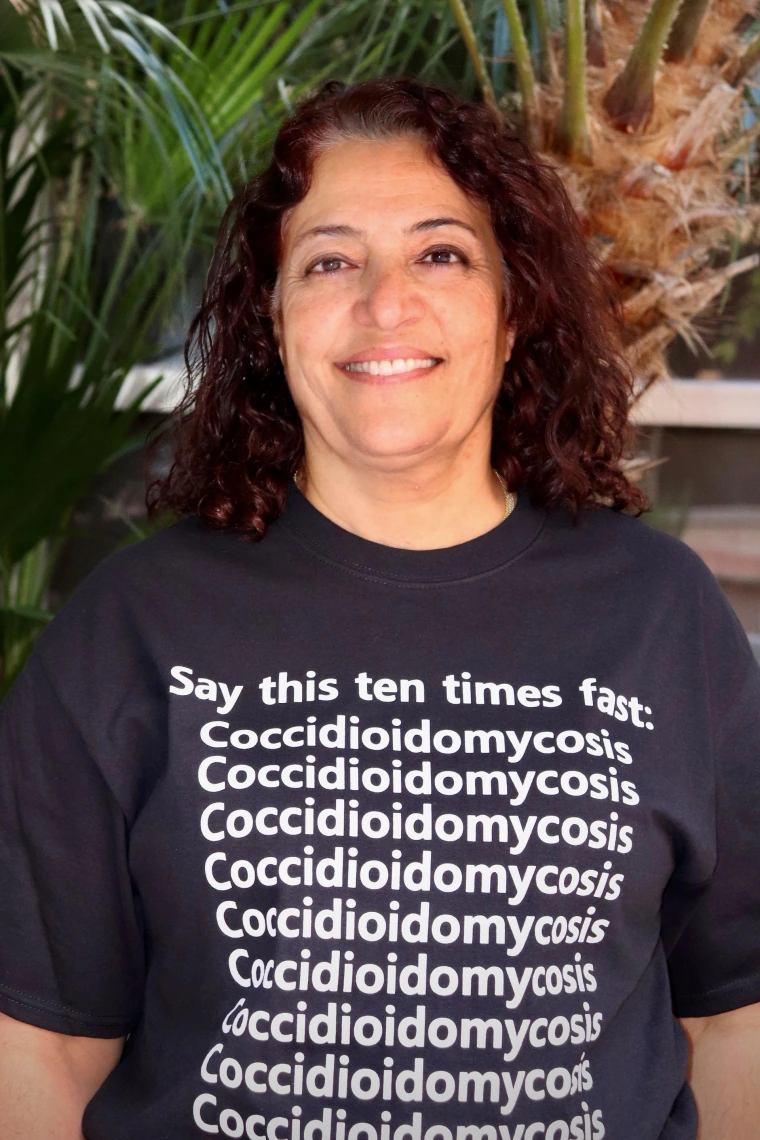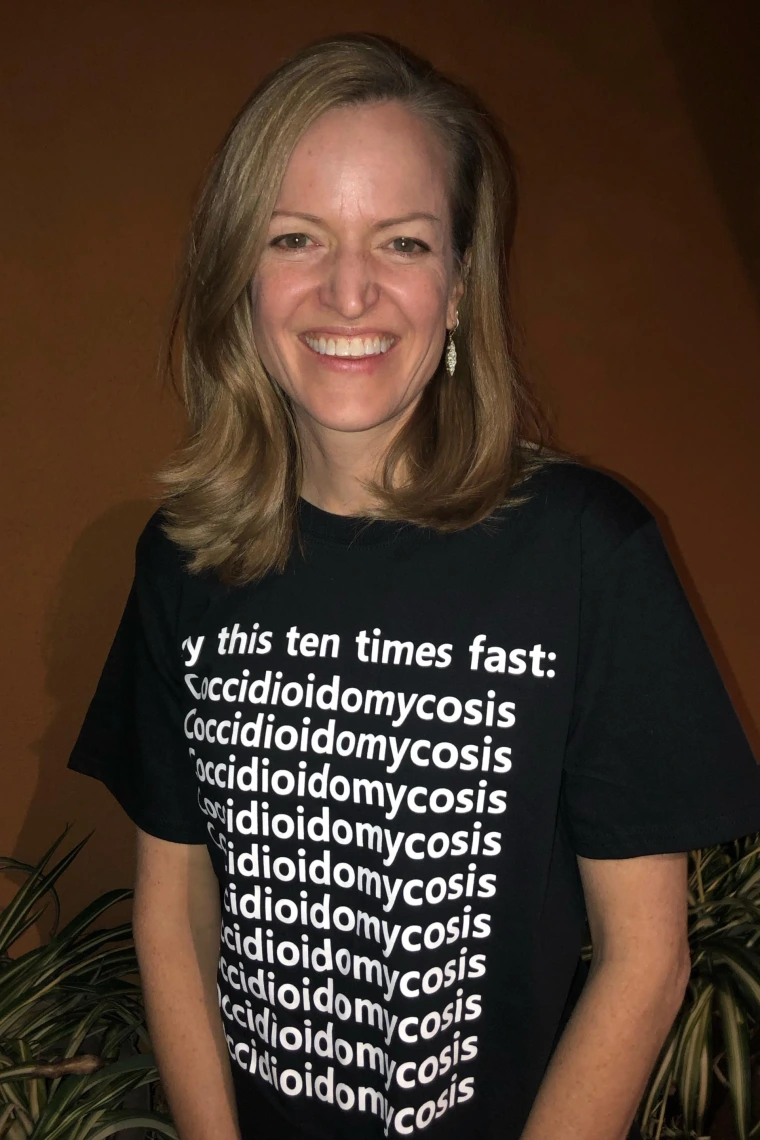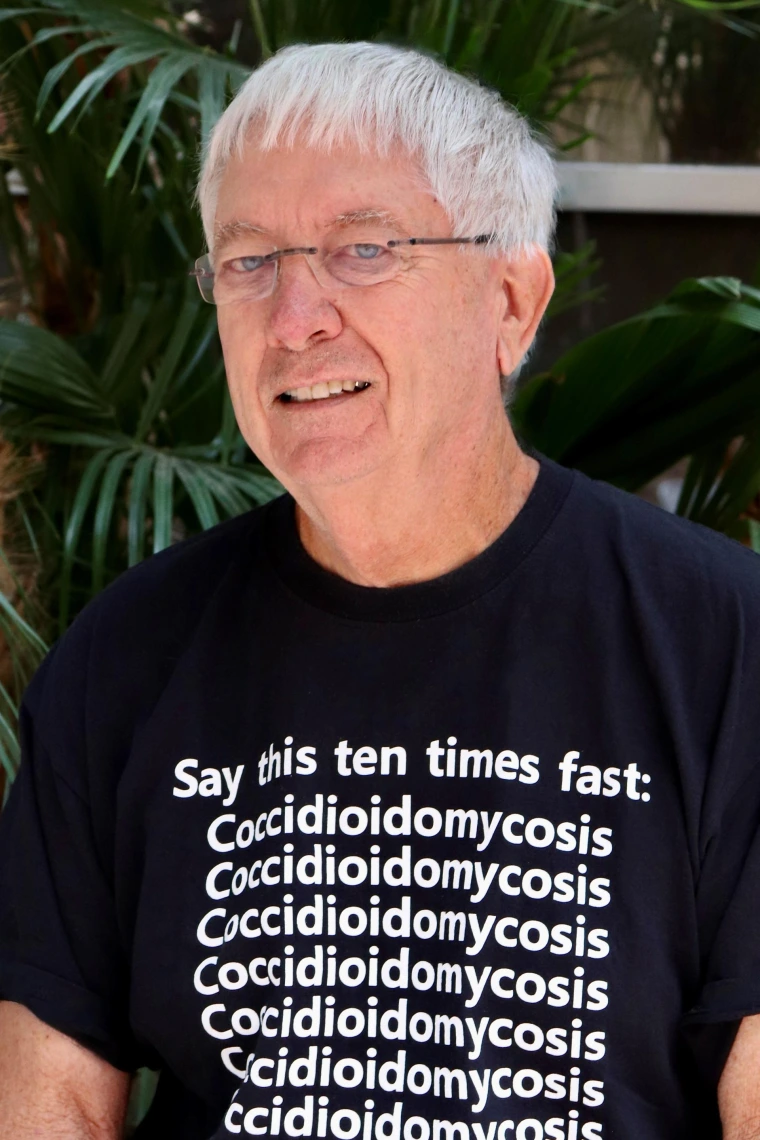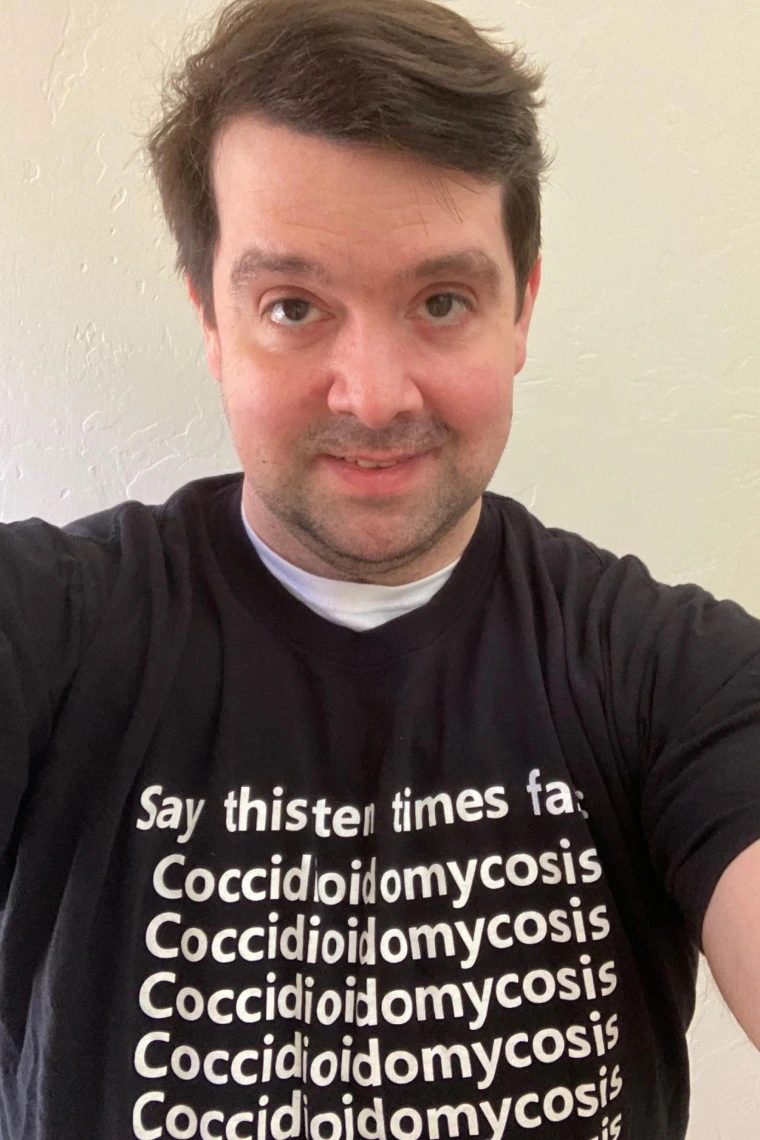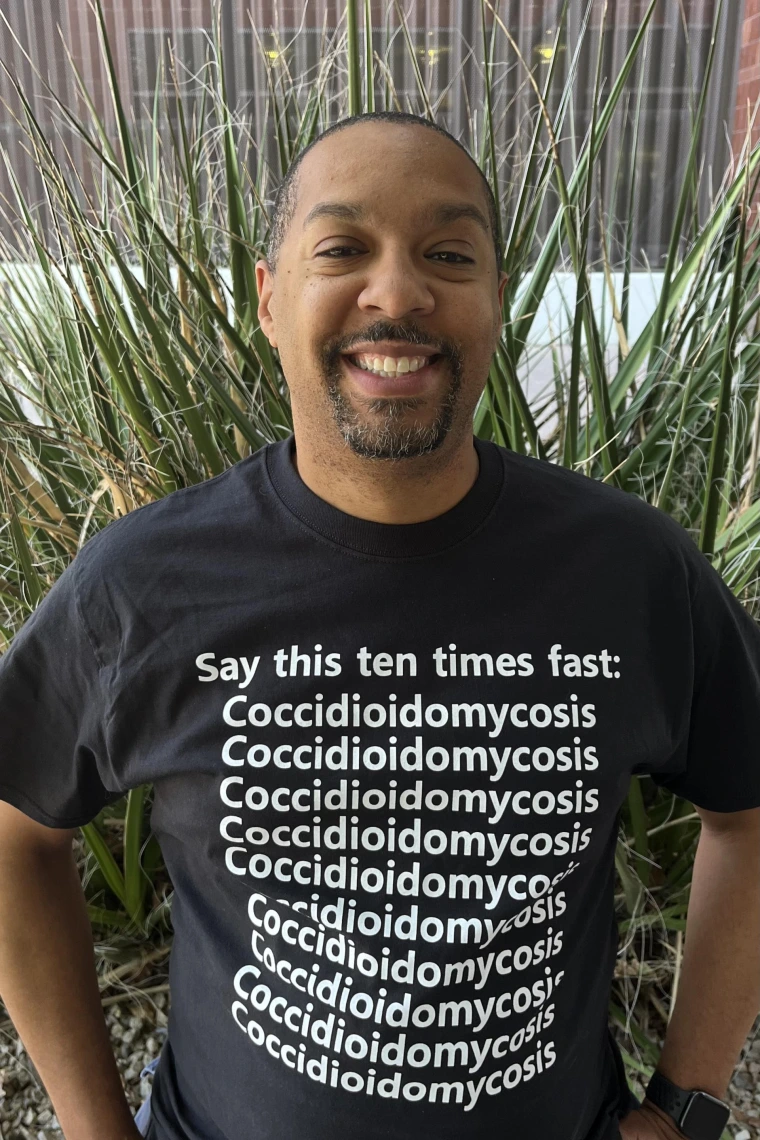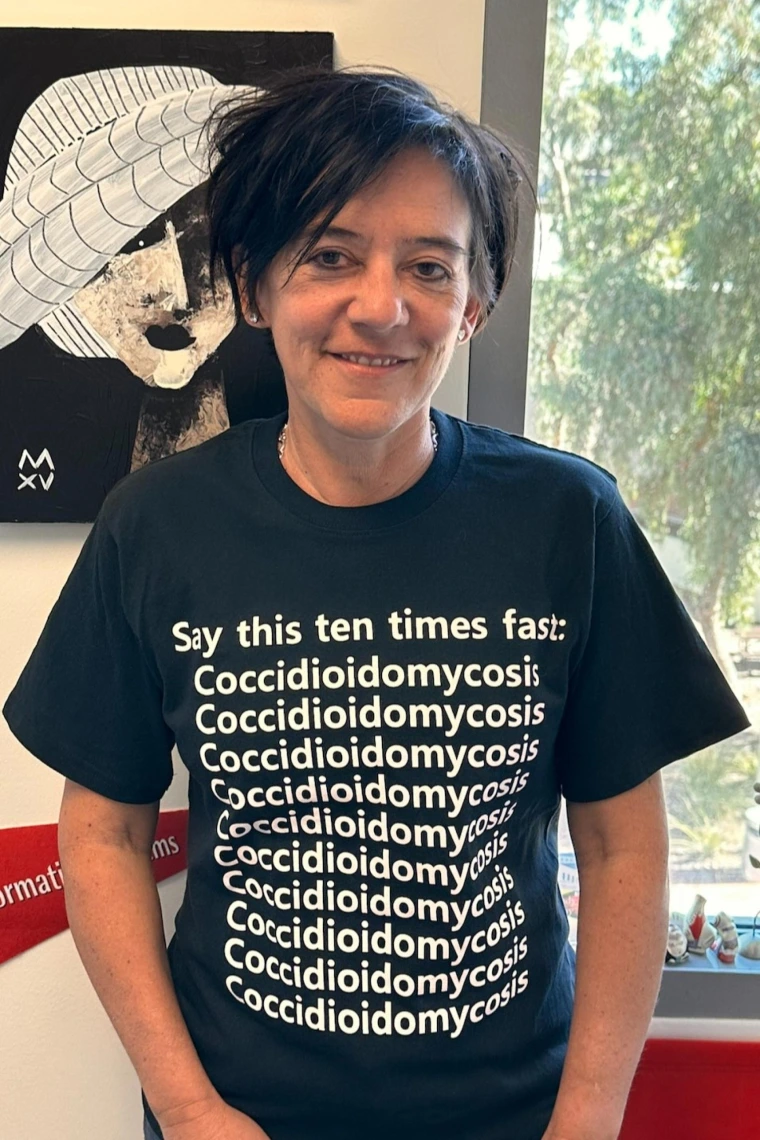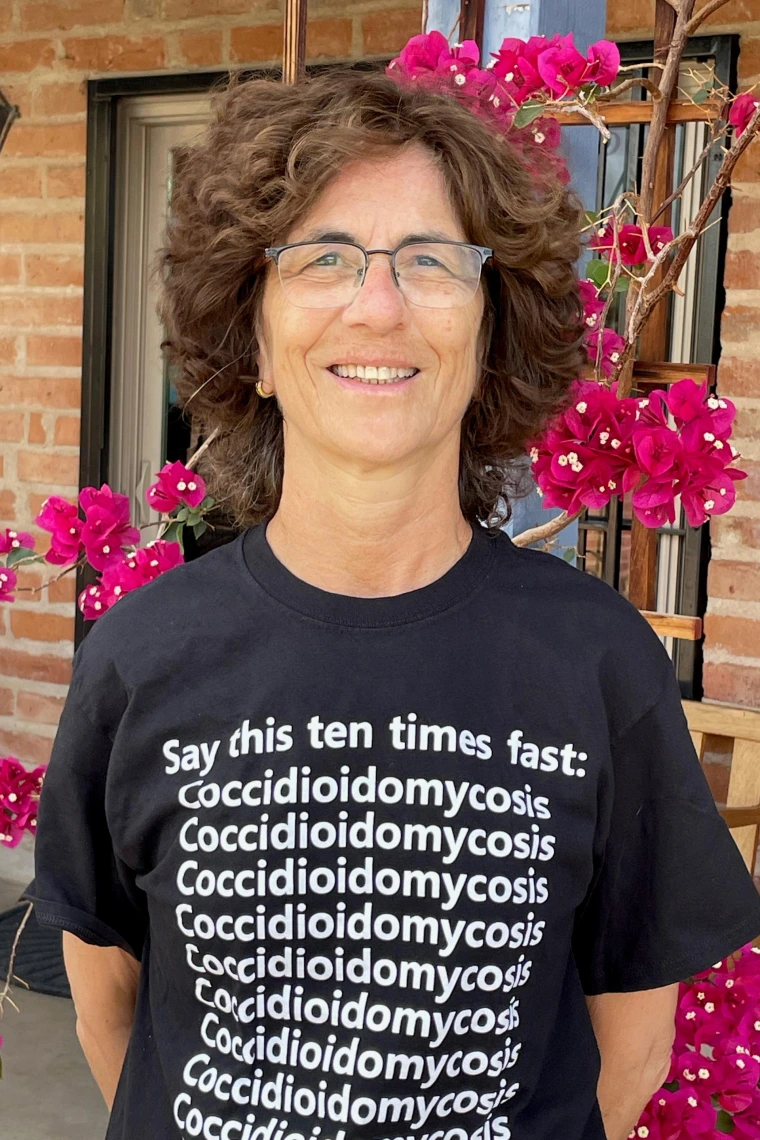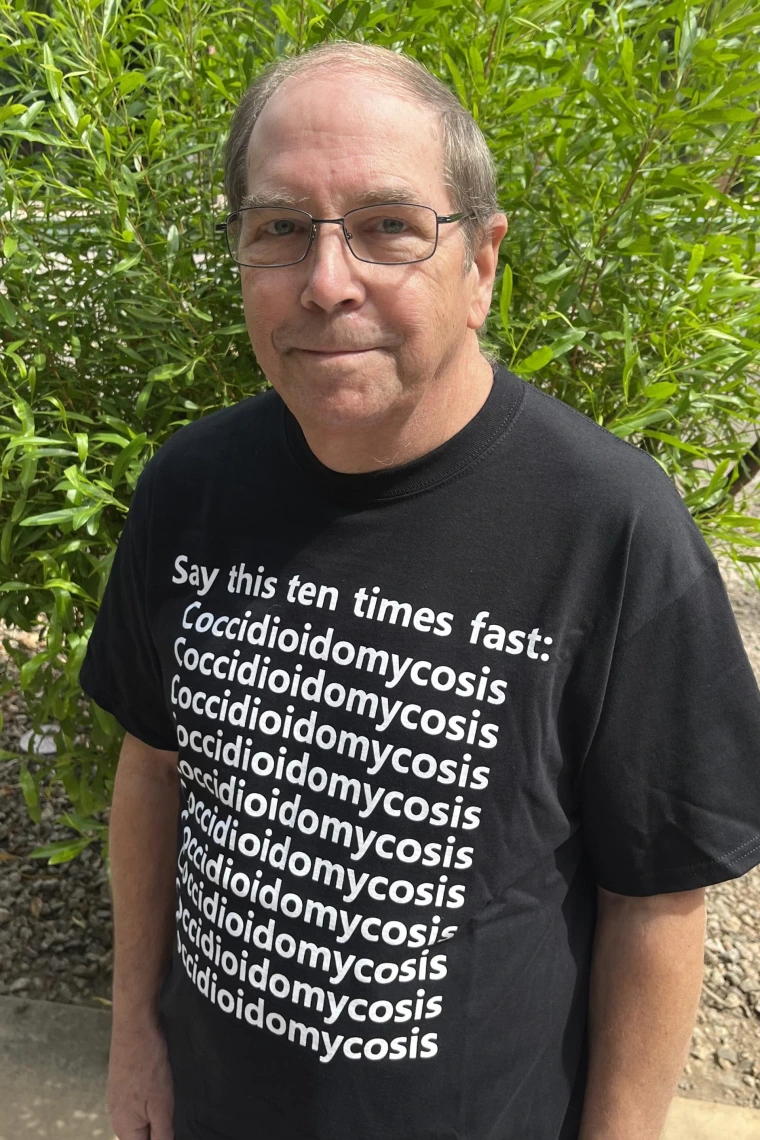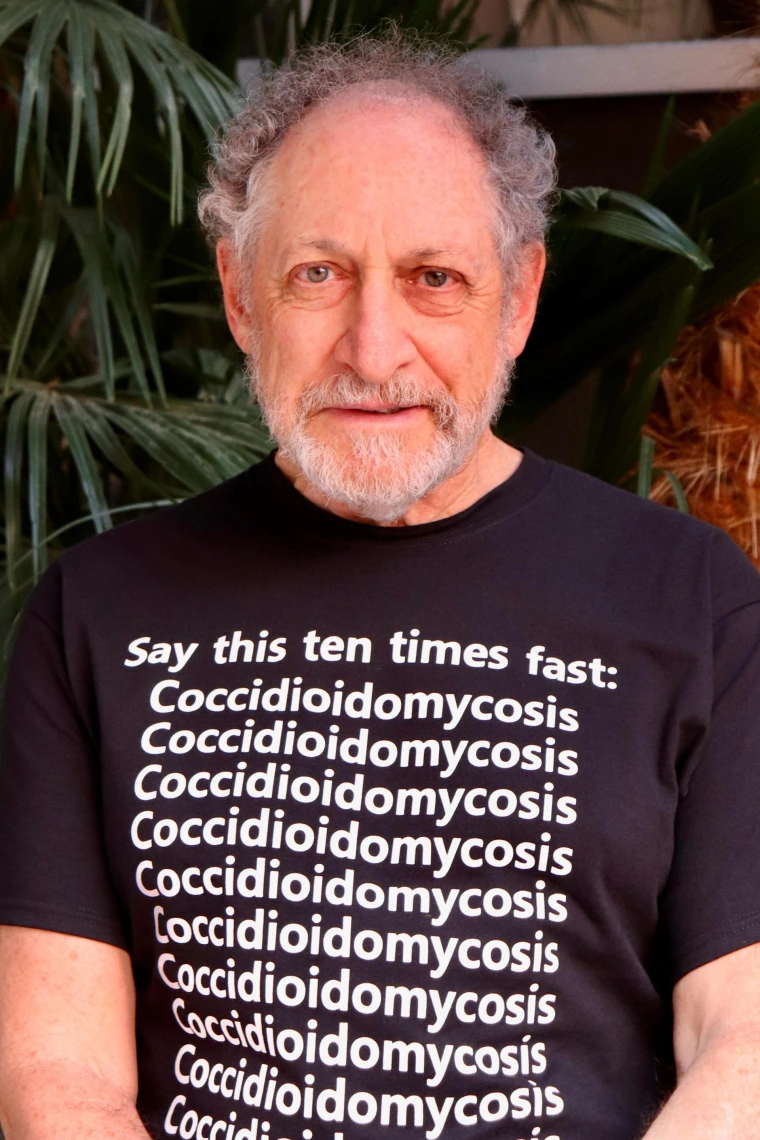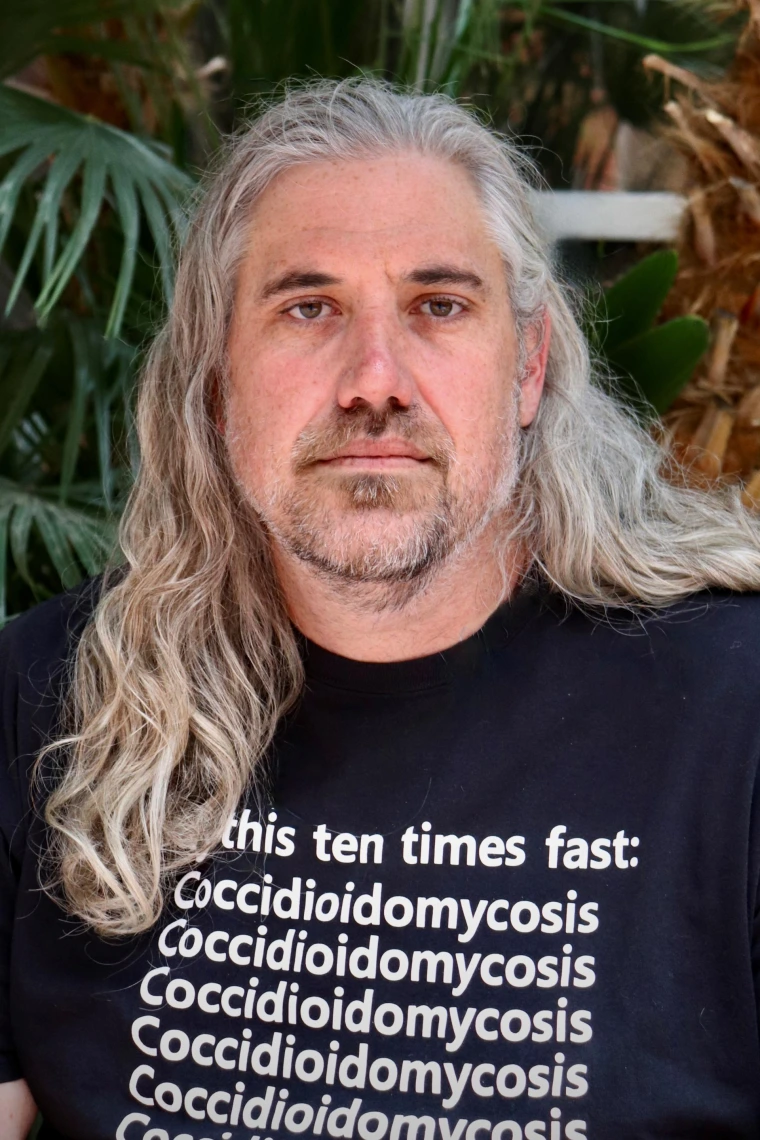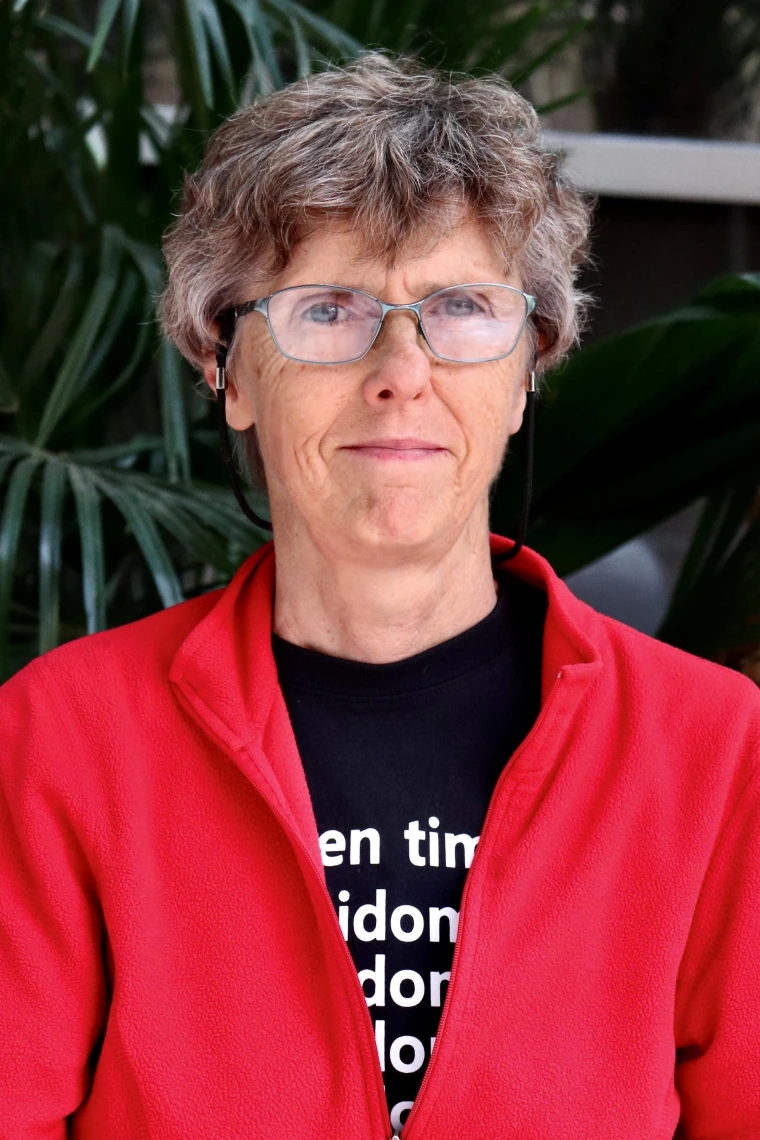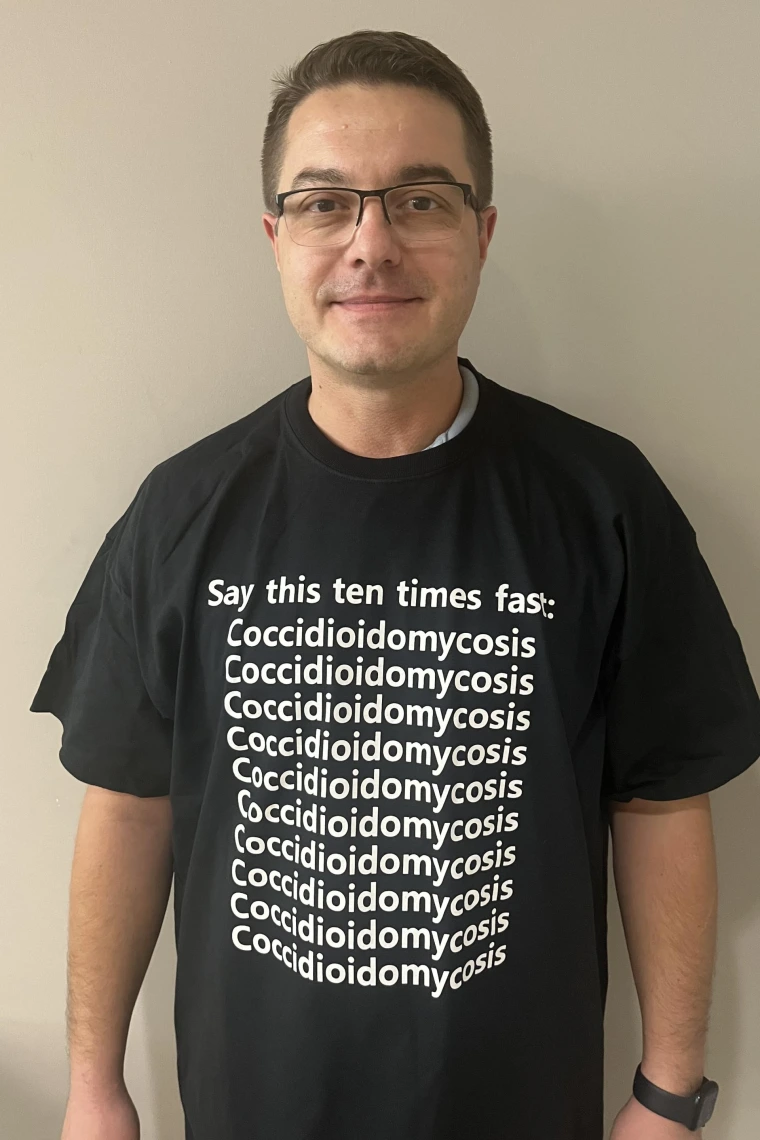University of Arizona employees or Banner Health professionals who are authorized to be a principal investigator on a sponsored project.
John Galgiani, MD
Director, Valley Fever Center for Excellence
Professor, Internal Medicine
Jon Chorover, PhD
Professor and Associate Dean for Research, Environmental Science
Andrew C. Comrie, PhD
Professor, School of Geography, Development & Environment, Hydrology & Atmospheric Science, Public Health
Kate Ellingson, PhD
Associate Professor, Epidemiology
Associate Professor, Infectious Diseases
Kenneth Knox, MD
Professor, Internal Medicine
Research Director, Lung Insitute
Associate Dean, Faculty Affairs
Gondy Leroy, PhD
Professor, Management Information Systems
Associate Dean for Research, Eller College of Management
Daniel A. Powell, PhD
Assistant Research Professor, Valley Fever Center for Excellence, BIO5


